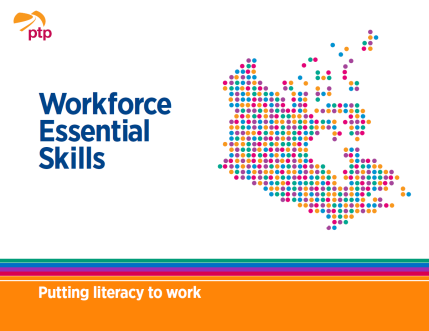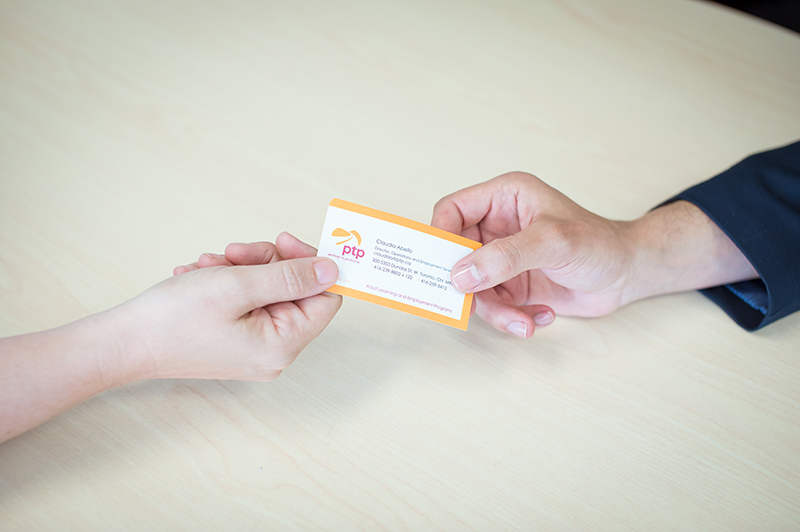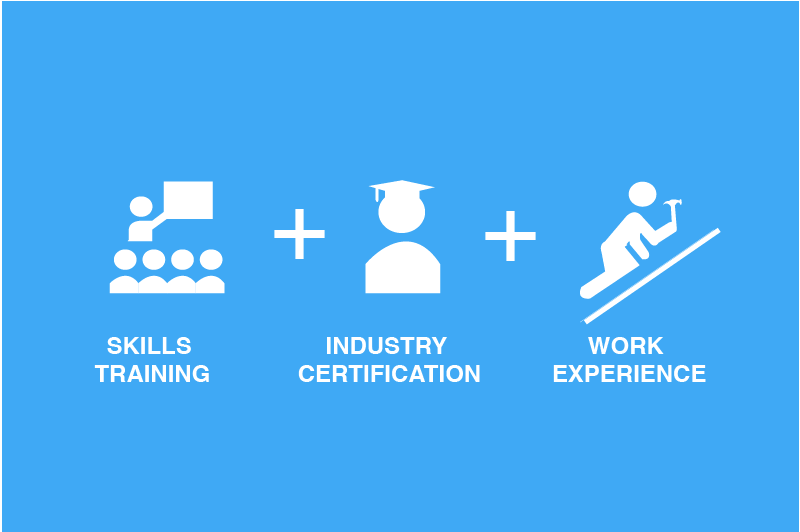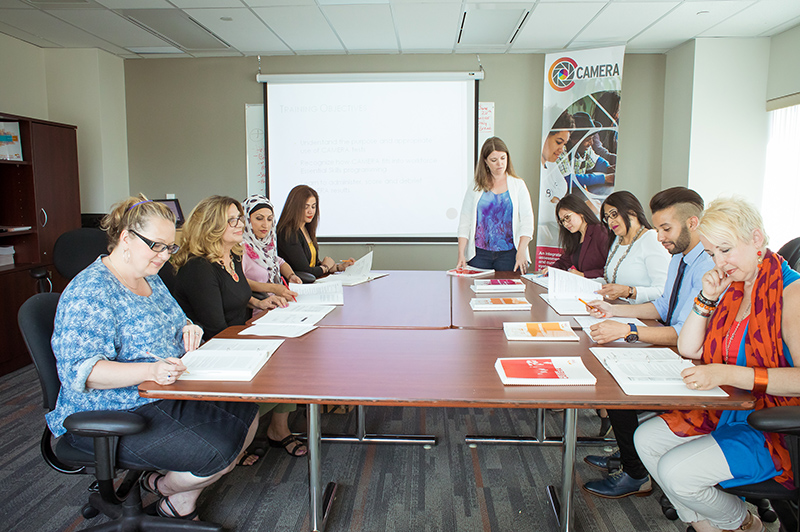Our Work
-

PTP was contracted by the Nova Scotia Department of Labour and Advanced Education to pilot the use of the seven CAMERA assessments in their current form within Nova Scotia’s proposed ROA system. The design involved training CAMERA administrators, and gathering information to identify strengths and limitations in using CAMERA for desired outcomes and summarize results of CAMERA piloting, including potential adaptations to CAMERA and within the ROA system.
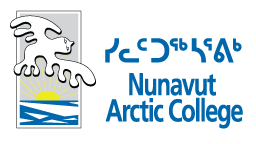
PTP was contracted to create four courses, two communications and two numeracy, to be part of the ABE Essential Skills Program, and develop all associated course materials, including in-class assessments and assignments, conduct research as required to develop evidence-based products, and design and deliver training on the use of the products.
PTP worked closely with communities across Canada to build meaningful programming for low-skilled individuals. The project used the CAMERA System as its foundation, combined with the knowledge gained through years of research and analysis on effective ways to transition low-skilled adults to work.
Read the WESCan guide.
-

PTP and Futureworx have collaborated on a number of projects including WESCAN and CAMERA training. PTP and Futureworx recently presented on the benefits of using complementary tools to create blended program strategies for transitioning low-skilled adults to the workforce at the ProLiteracy Conference on Adult Literacy.

PTP was contracted by Seven Generations to formalize an eight-week (40 day / 240 hour) Workforce Literacy and Essential Skills instructional guidebook that draws on workwrite and PLATO materials.
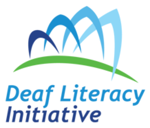
Deaf CAMERA is for Deaf learners in literacy programs who want to develop the skills they will use in a job. Deaf CAMERA is right for learners at Essential Skills levels, 1, 2, and 3. Deaf CAMERA is used to assess learners’ skill levels and strengths in reading, writing, document use, and numeracy. Tasks are like real workplace tasks.

